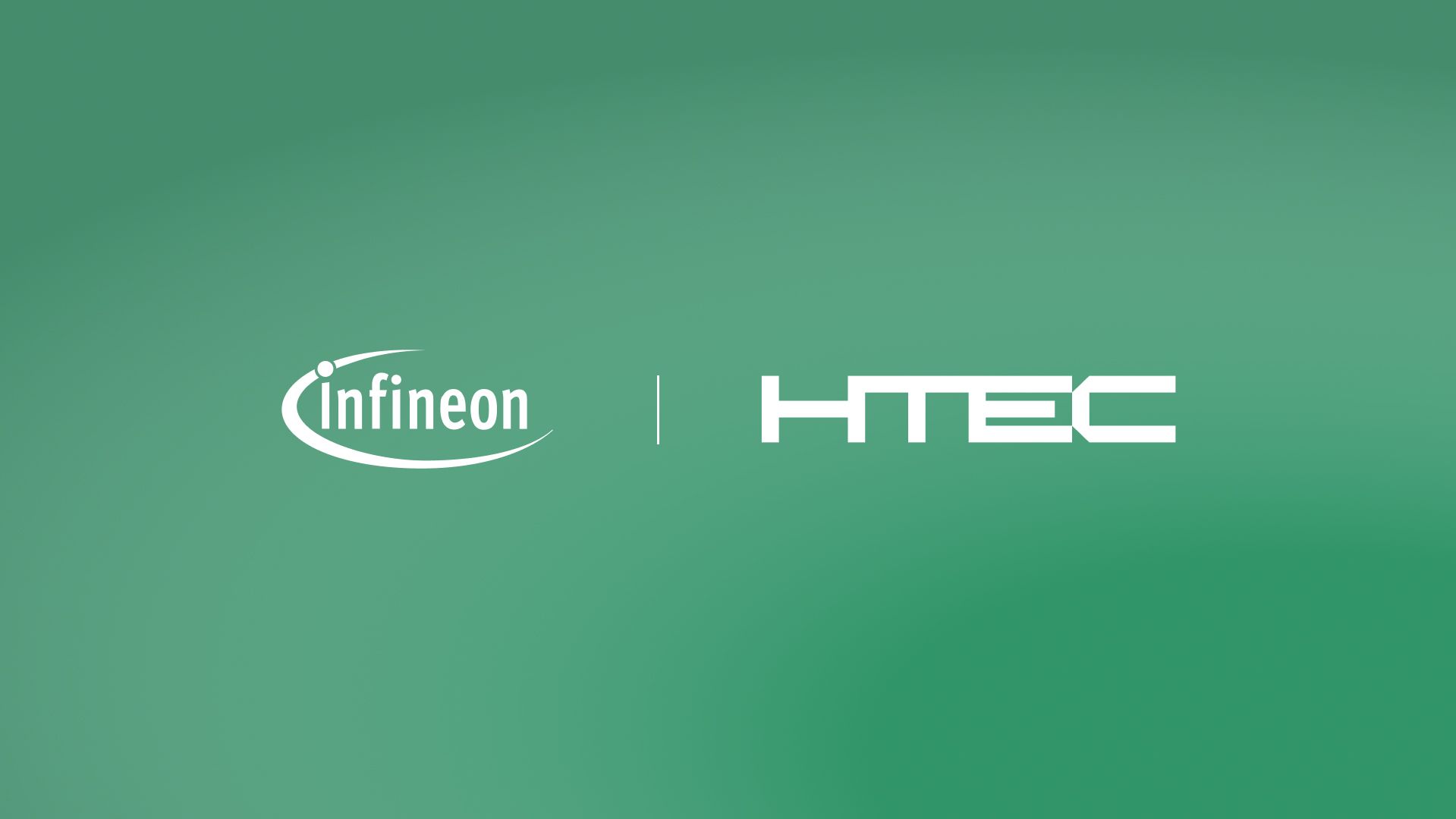On the eve of his announcement as an addition to our Board of Directors, we took the opportunity to speak to Mr. Peter Bisson about the defining features of his career journey, his views on the future course of the technology industry, and where he sees HTEC along that path.
HTEC Group’s new Member of the Board of Directors, Peter Bisson, has carved out a stellar career marked by curiosity and a constant hunger for learning and growth.
Peter spent most of his career with McKinsey & Company. Over three decades, he has worked with Fortune 100 companies in a wide range of industries, including energy, telecommunications, media, and technology. His functional experience encompasses strategy, corporate finance, marketing, and business transformation. He has served on McKinsey’s Board, where he guided the firm’s knowledge investments and functional practices.
What would be some of the key takeaways or guiding principles of your career?
By nature, I am a very curious person, and over the course of my career I was fortunate to be able to change what I did multiple times. I gained a wide set of experiences, both geographically and in terms of industries served. That variety of activities has been formative and has shaped my professional philosophy.
It is important to rejuvenate our work with some frequency, so that we remain curious and interested in what we are doing. Of course, it depends on personality type, but for me, there must be a sense of newness in what I am doing to be truly engaged.
Another key thing I have learned is that the most important aspect of work are the people we are surrounded with and not the tasks we are working on. There is something good and something distasteful in virtually every task, but it is made palatable, exciting, and fun mostly by the people that surround us, whether it is colleagues or clients.
It was always important to me to look for personal growth and gaining different skills in different areas. As an example, I began as a science-driven geek, and early in my career, I had a tough time understanding why we spent so much time in meetings with executives when the numbers spoke for themselves. It took me a while to learn that it is not just about facts and figures; people often need to process things emotionally to make peace with a decision and prepare to change course.
The same can be said for time – I have experienced many situations where no amount of evidence pointing in a certain direction would move people on, and they simply needed time to accept the necessity of change. Sometimes the best thing we can do is say, “let’s discuss it again in three months’ time.”
How do you view the recent turbulence in the global technology industry and where do you feel it is headed?
We are just at the beginning of our adaptation to the impact of technology on how we work, and we are still in the early innings of the redefinition of business models and industry ecosystems. Many companies are rethinking who they are, what they should directly control, and what they should outsource to others. The Tech ecosystem itself is amid profound change even as it develops and sells the tools which are remaking all aspects of society. Several macro trends I would have thought unlikely a decade ago now appear inexorable.
Reversal of globalization – Geopolitics and even a taint of protectionism is curbing or reversing the multi-decade trend to globalization. As a result, supply chains everywhere are being disrupted, and the labor pool access we have taken for granted is now at risk. And, on the revenue side, “fair” market access can no longer be assumed as a norm
Return of national industrial policies – When I started working in the 80s, there was a strong movement by the state to deregulate and privatize industries. After several decades of decreased state involvement, we now have country-level industrial policy coming back in a major way. We can see this if we look at the recent spending bills and tax initiatives in the US or with China’s crackdown on the scope and power of certain companies. Industrial policy is tricky for business leaders because it is a political not a market process. The chance of positive and negative surprises is far greater in such politically mediated processes.
Need for regulation – The pace of technological innovation and the many societal challenges it creates drives calls for regulation. The entire world is feeling its way around what is fair at the individual, corporate and societal level. Emerging technologies are so widespread and intrusive, people’s behavior evolving so rapidly that I have empathy for the regulators; it is almost impossible not to lag and appear out of step with the new reality. By the time the political process of reaching a decision is over and the regulation written, the ecosystem has already moved beyond the situation that was initially being addressed.
Taken together and combined with other influences such as the economic impact of COVID and a steep decline in population in many geographies, we are facing a slower growth environment compared to the last 20 years.
How did you first come across HTEC and what has enticed you to help our continued development?
Three years ago, I became a special advisor at Brighton Park Capital, when it was initially set up. As time went on, they built a portfolio of investments of which HTEC was one. At the time, I did not know of HTEC, and I was not involved with the investment decision, but I was struck by HTEC for two reasons.
First was that HTEC’s focus on high-end software development services is strategically exciting and stands in contrast to more typical software outsourcing. Second, I think HTEC provides an answer to a growing corporate conundrum. Many corporations find it difficult to reconcile their preference to self-develop critical software or algorithms with their challenge to excite, attract, and retain the absolute best talent. They simply do not have an adequate flow of interesting work or proper career paths for people with the specialized skills they require. In my vision of how the tech industry will operate in ten years’ time, I see an ecosystem where many companies rely on others for big chunks of product development. HTEC is on a path to delivering the absolute best technical talent to such clients within the context of stable long-term relationships.
Because of my professional background in consulting, HTEC’s human resources aspirations really resonate with me. My entire working career was devoted to creating a professional services environment that attracts and develops the best people. While the skill focus is different, I do feel I can help HTEC excel with respect to talent development.
That is how it all came together – partly a sense of what is happening in this ecosystem and an opportunity to develop something quite interesting over the next five-ten years, and partly my own familiarity with the dual nature of strong client service coupled with an unparalleled people development process. It is an enormously powerful combination.
As a board member, what are your areas of focus in HTEC?
This initial period is mostly about me trying to understand HTEC and its aspirations. I have spent most of my time on the professional services dimension, so most of my discussions revolved around various aspects of that – how do we manage talent and continue to attract it, how do we systematically ensure consistency of quality, and so on. On the strategic side, I am still learning the current state, but on the professional services side, I am comfortable saying ‘this is what I’ve seen work elsewhere’ for the leadership to consider.
Where do you see HTEC in the current global landscape?
While we have witnessed major companies laying off large numbers of people, I do not necessarily think that this is a time of crisis, particularly not for HTEC. If we look at the scale of the industry, it is still a big space, and top-rated talent will undoubtedly find work. However, this is a time to get sharp on the value proposition.
We are in a climate where a lot of people think that there is going to be a recession, and by preference, organizations tend to rely on their own resources at such times. This makes developing new clients difficult. We must provide a strong answer to the question of why an organization should use an outside firm as opposed to its own people. For HTEC, it is our ability to develop a product to a higher level of quality and faster than it could be done relying solely on internal resources. In many industries, both speed and quality are critical and being the first to the market with a high-quality product really determines the outcome.
The other side of the value proposition is aimed towards our talent practices. If we are looking to attract and develop the top 5% of available talent with the promise of an unparalleled growth environment, we need to deliver on that promise. There is a bit of a luxury in being a private company, in the sense that you can manage your people processes with a 3–4-year viewpoint, as opposed to a one- or two-quarter viewpoint. Attracting and developing elite-level talent requires the right environment, and I believe that HTEC’s position allows us to continue to develop that environment with a stable, long-term view.
I hope to help management build HTEC into a distinctive services company for a future tech ecosystem where even mission critical software and algorithms are entrusted to reliable business partners with the skills to curate distinctive technical talent.





